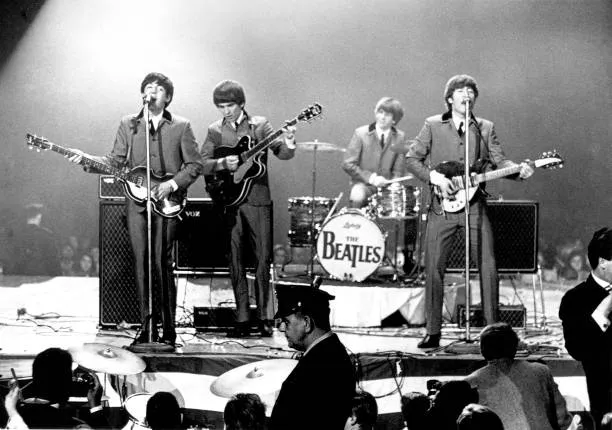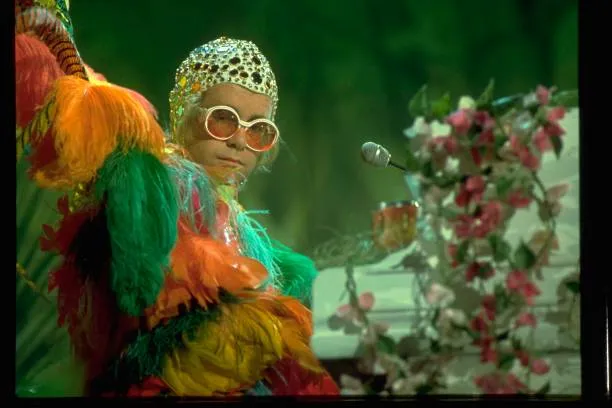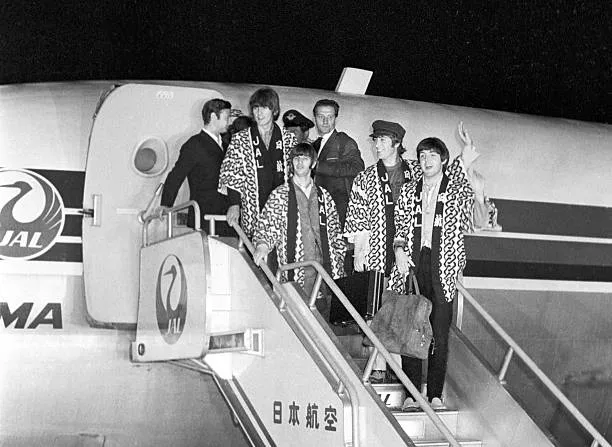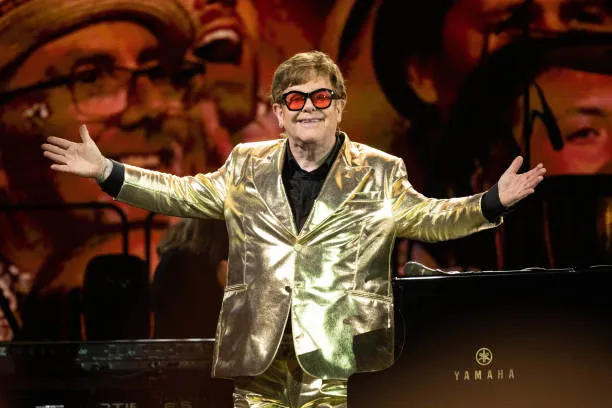“Free as a Bird,” released in 1995, was a significant moment in Beatles history. This song marked the reunion of the surviving members of the iconic band—Paul McCartney, George Harrison, and Ringo Starr—15 years after John Lennon’s tragic death. The song was built around an unreleased demo recorded by Lennon in 1977. With contributions from the other Beatles, the track became a posthumous collaboration and a touching tribute to their late bandmate.
One of the most intriguing aspects of “Free as a Bird” is the mysterious phrase John Lennon says at the end of the song. It’s a line that has sparked much curiosity and debate among Beatles fans for decades. In this article, we’ll explore what Lennon says at the end of the song and why it remains a captivating piece of Beatles trivia.
The Hidden Message: What Is Lennon Saying?

At the very end of “Free as a Bird,” there’s a reversed audio clip that many listeners found puzzling. When played backward, Lennon’s voice can be heard saying, “Turned out nice again.” This line is a subtle but poignant ending to a song that, in many ways, encapsulated The Beatles' career and Lennon’s enduring legacy. The phrase adds an air of nostalgia and closure, evoking a sense of peaceful resolution to the band’s journey and Lennon’s contributions to music.
The Meaning Behind “Turned Out Nice Again”
John Lennon’s phrase “Turned out nice again” is thought to be a reference to the popular British comedian George Formby, whose catchphrase was exactly that. Lennon and McCartney had been fans of Formby growing up, and this phrase could be seen as a light-hearted nod to their shared cultural heritage and sense of humor. It fits Lennon’s often playful, whimsical nature, as well as the band’s frequent use of hidden messages and playful audio tricks throughout their career.
The phrase also resonates on a deeper level, considering the context in which “Free as a Bird” was released. The song, which brought The Beatles back together in the studio for the first time in decades, “turned out nice again” in that it gave fans a heartfelt reunion of the iconic band and provided a bittersweet posthumous contribution from Lennon.
The Mystery and Legacy of The Beatles’ Hidden Messages

The use of backward messages and hidden audio has long been a part of The Beatles’ lore. During the height of their fame, fans often speculated about secret messages embedded in their songs. Perhaps the most famous example was the rumor of Paul McCartney’s death, which was supposedly “revealed” through hidden clues in the band’s albums.
Although “Free as a Bird” came out long after The Beatles’ heyday, the inclusion of Lennon’s backward message at the end of the track is a nod to this tradition. It also adds an element of mystery and intrigue, inviting listeners to engage with the music on a deeper level, just as fans had done in the 1960s.
Conclusion

John Lennon’s final words on “Free as a Bird”—“Turned out nice again”—serve as a fitting close to both the song and The Beatles’ long history of innovation, experimentation, and creativity. It’s a playful and nostalgic reference, underscoring the band’s penchant for hidden messages and their shared sense of humor. More importantly, it serves as a touching reminder of Lennon’s influence, legacy, and the lasting impact of The Beatles, a band whose music still captivates listeners worldwide.



